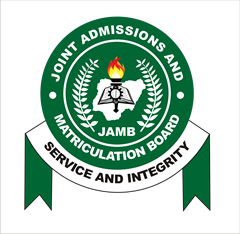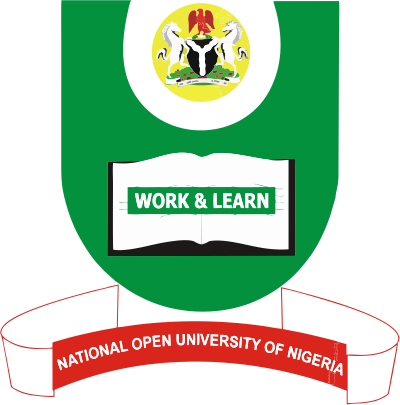Read passages I, and II carefully and answer the questions that follow. Each question carries 3 marks PASSAGE I Political change and social transformation in the form of revolutions have radically altered the course of human civilization and history. Today, the world is witnessing political and social changes arising from the desire of people all over the globe for greater freedom and a voice in the way they are governed and a better standard of living. Part of these struggles and processes have become more pronounced in the third world since the end of the east west cold war in the late 1980s, and in the face of the challenges being posed by the ongoing process of globalization. While political and social changes may appear to be distinct phenomena, they are analytically inseparable. Political and social changes refer to alteration or transformations in human behaviour, norms and politico- social institutions. Such changes are often a collective response to the need to change, or as a tacit recognition of a shift in the prevalent power relations in the society. Therefore, the coming to power of new sets of rulers, or the establishment of new structures and processes of governance broadly typifies socio- political changes. It is important to note that change can either be positive or negative. In most cases, political and social changes are caused by certain factors or reasons. These push people to collectively organize themselves to struggle for a change in the existing power relations. Another reason is to capture political power, in the hope of making life better for the generality of the people. If politics is defined as who gets what, when and how; it then implies that political change refers to an alteration in the form of power, and the identity of the group or class which controls and wields state power Adapted from Anifowose, R. and Enemuo, F. (1999) Element of politics. Which question paper type of use of English is given to you?
For More Quiz Questions click here to download Global Quiz on Google PlayStore












